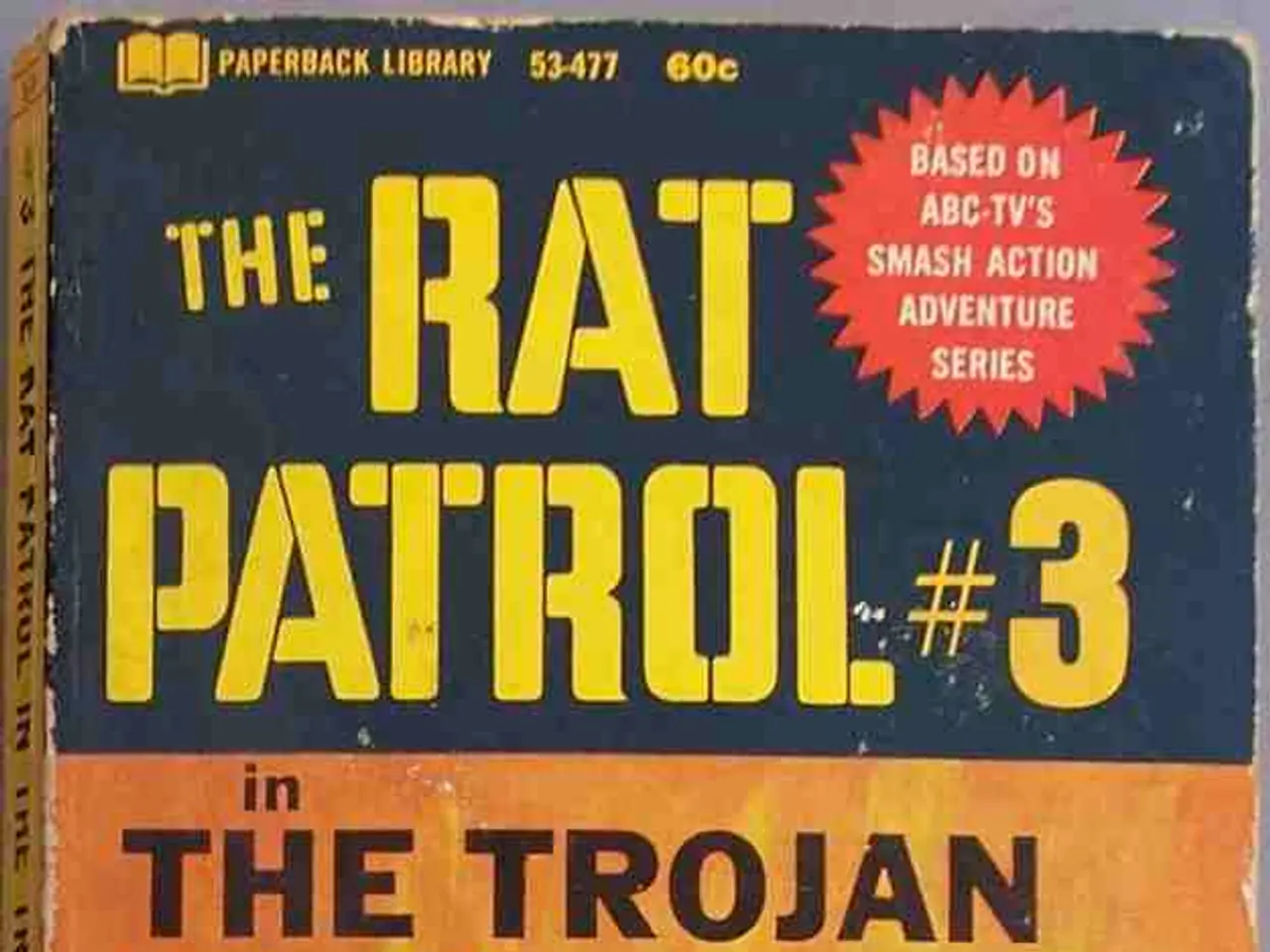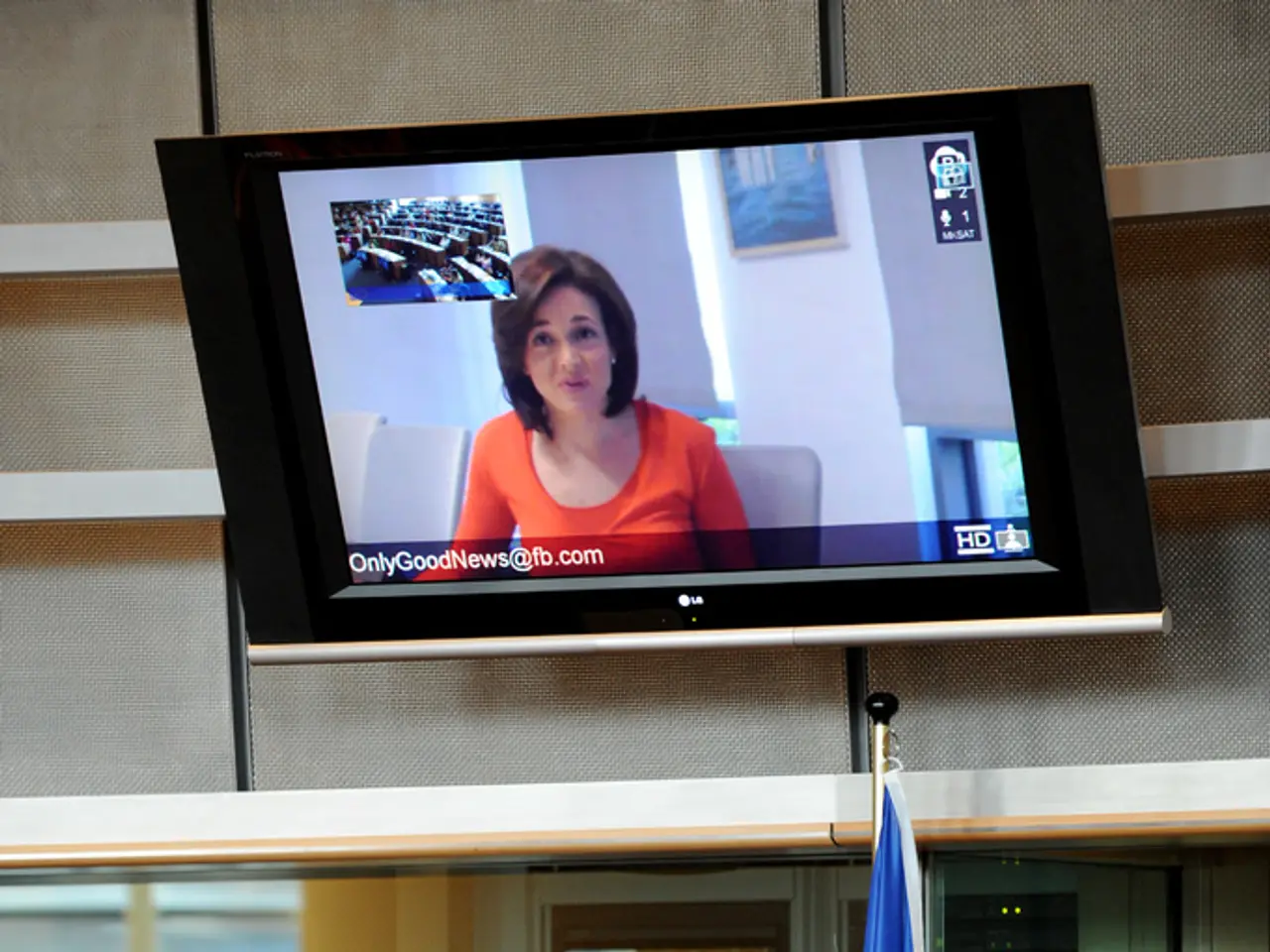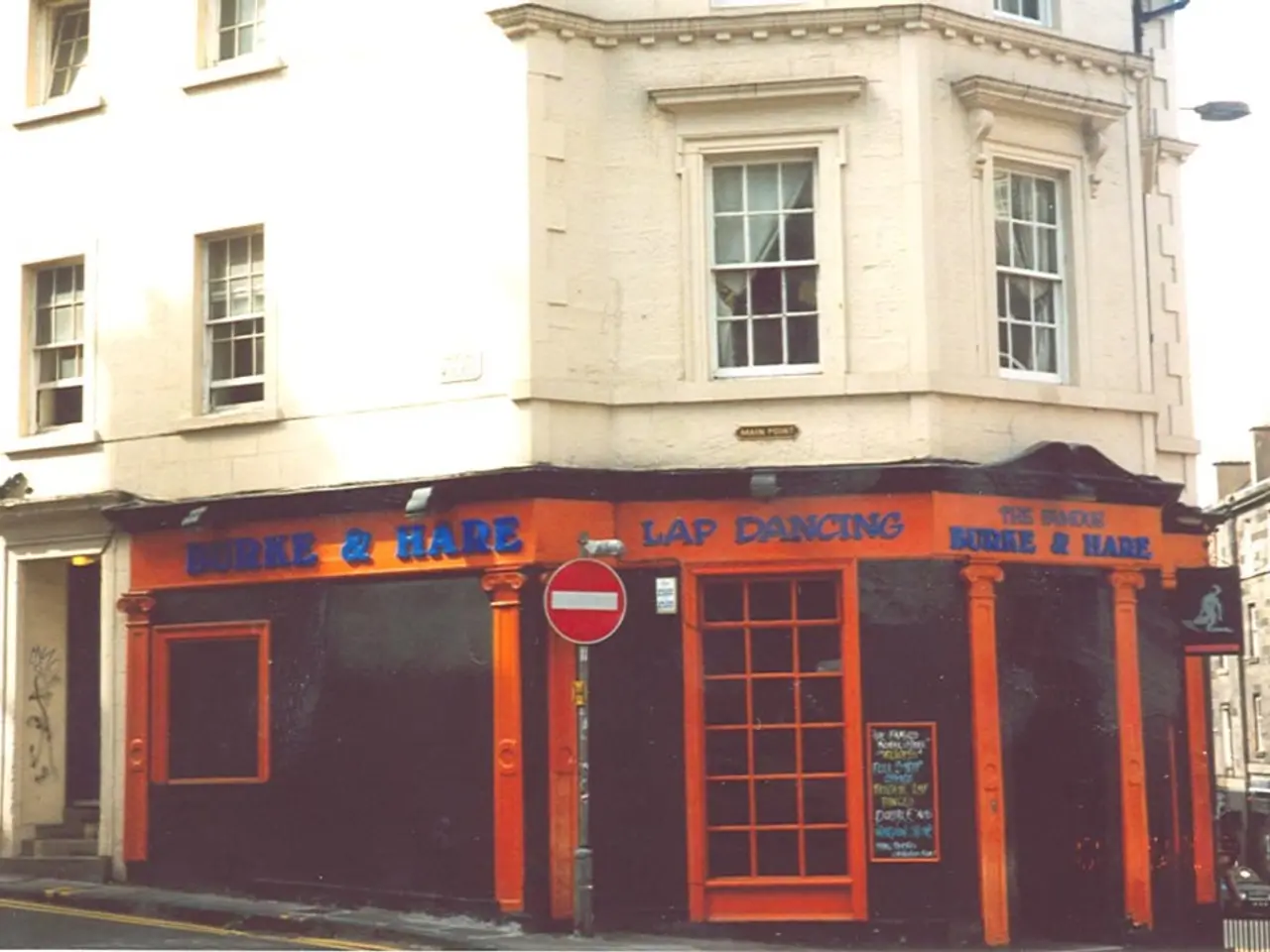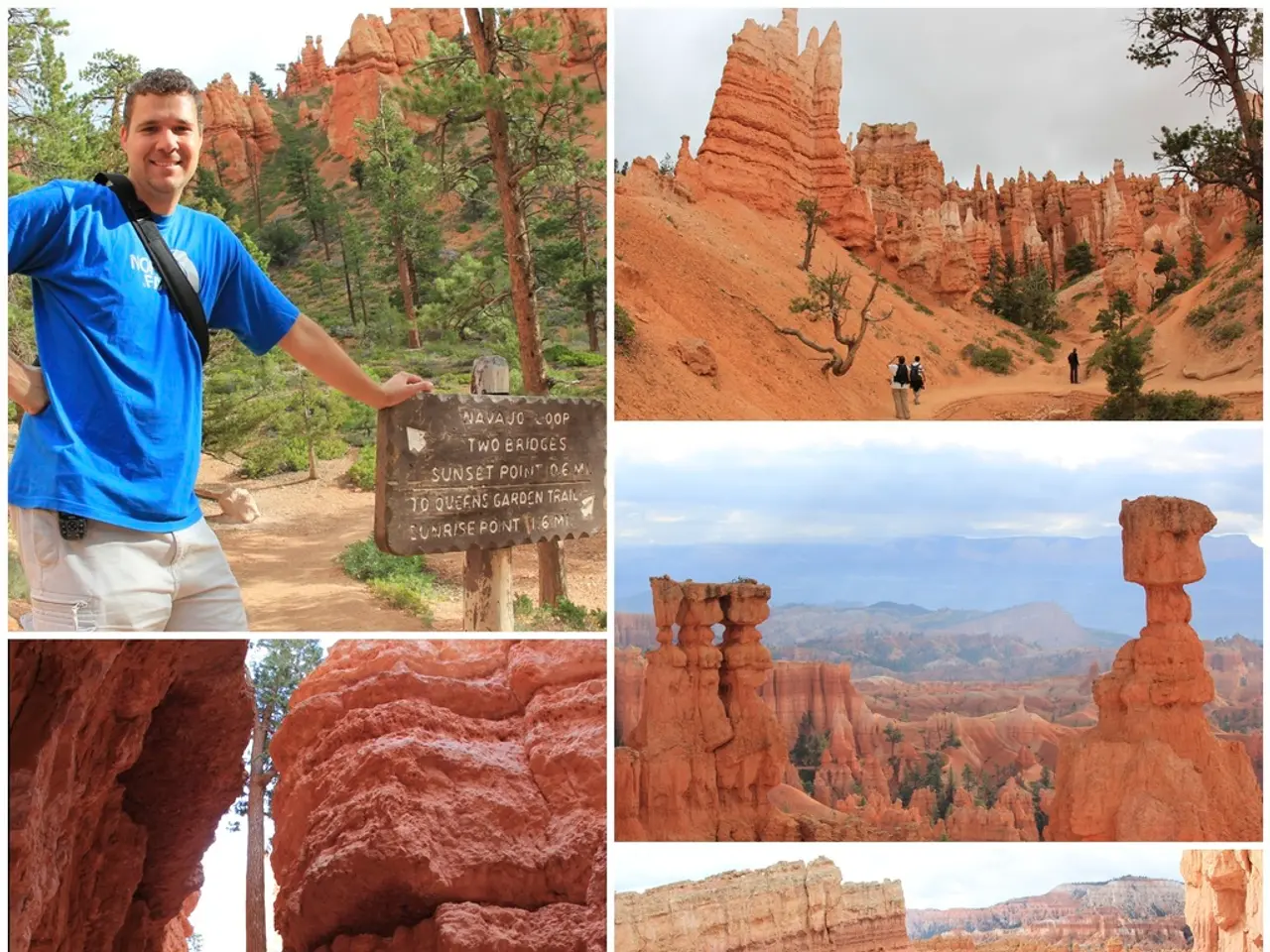Syria's al-Sharaa promises to shield the rights of the Druze minority after fatal sectarian clashes
In a potentially escalating situation, Israel has carried out a series of airstrikes on both civilian and government facilities in Syria. The strikes have raised concerns about the stability of the region, as Syria continues to grapple with internal conflict and external intervention.
Meanwhile, in the nation's southern heartland, violence has erupted in the Druze minority's territory, resulting in over 500 reported deaths according to a war monitor. The Syrian government announced a new ceasefire in Sweida and a halt to military operations following days of intense clashes between government forces and Druze militias.
The Druze community, a religious and ethnic minority in Syria, has faced violence and strained relations with the nation's Islamist authorities. However, Syria's interim President Ahmed al-Sharaa has vowed to hold accountable those responsible for the violence against the Druze minority and described the community as a fundamental part of the nation's fabric.
In a bid to protect the rights and freedom of the Druze, Sharaa stated that the deployment of defense and interior ministry forces had restored stability in the region. Security responsibility in Sweida will be handed to religious elders and some local factions.
Israel, which has presented itself as a defender of the Syrian Druze community, has not been directly involved in the recent violence. However, some analysts view Israel's intervention in Syria as a means to keep Syrian government forces away from the shared border.
The Syrian government announced the withdrawal of its army from the Druze-majority city of Sweida, a move that could potentially ease tensions in the region. Before the government intervention, Druze areas were mainly controlled by fighters from the minority.
In a separate incident, more than 1,700 Alawite civilians were massacred in their coastal heartland during the 'Mediation' March. Government affiliated groups are blamed for most of the killings.
American, Arab, and Turkish mediation has played a crucial role in preventing a large-scale escalation in the region. Turkey, a key backer of Syria's new authorities, has shown support alongside Arab states including Qatar and Saudi Arabia.
As the situation in Syria remains volatile, international organisations like the United Nations, the United States, and other regional powers continue to play a crucial role in brokering peace and preventing further conflict.
- Despite the volatile general news landscape, with ongoing war-and-conflicts, politics, crime-and-justice, and external interventions, the United Nations, along with regional powers and international organizations, remain actively engaged in brokering peace for Syria to prevent further conflicts.
- The Druze community in Syria, amidst their precarious position, faces not only internal conflict but also external intervention, as witnessed by the series of airstrikes by Israel on Syrian facilities, raising concerns about regional stability, which intersects with the domains of politics and violent conflicts.





